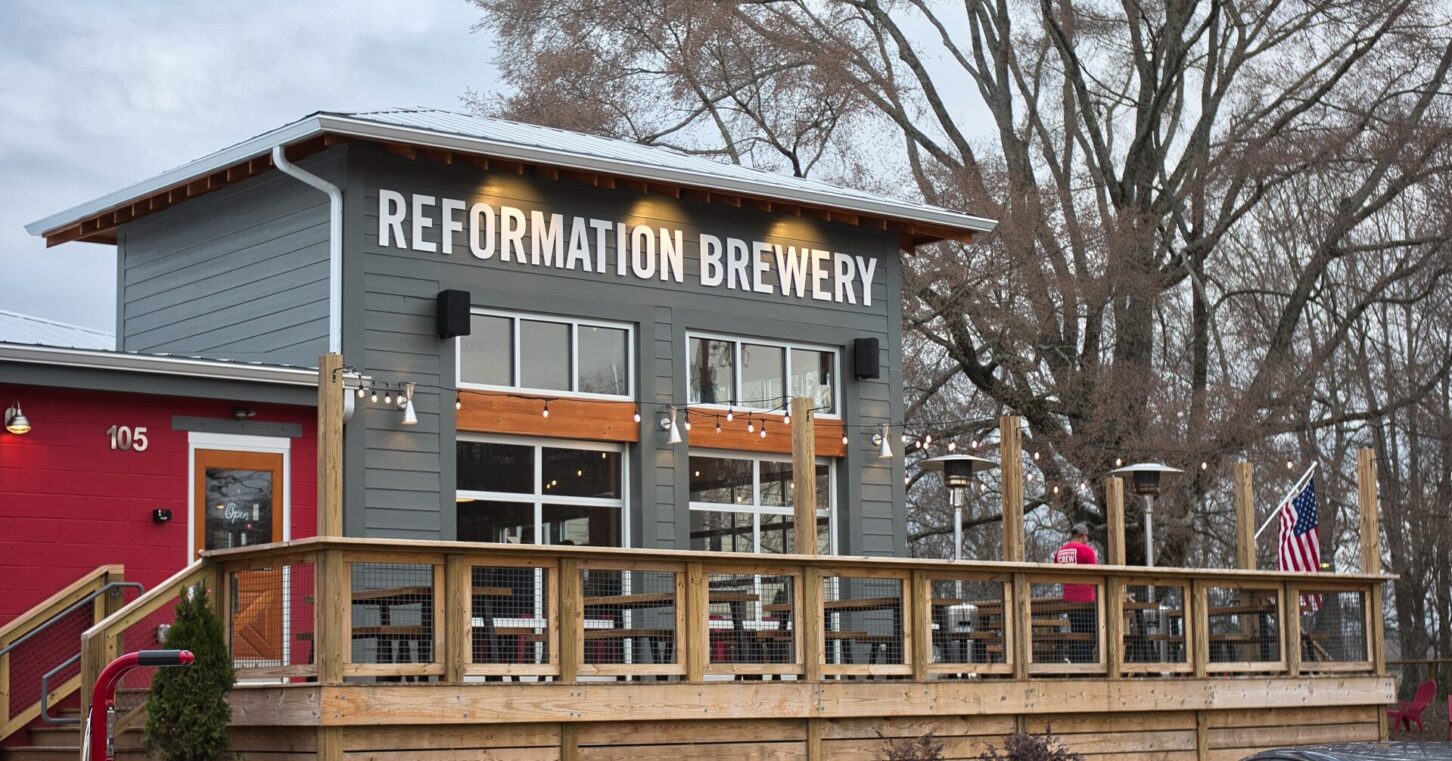
Craft brewing is a cultural phenomenon that has progressed from a niche hobby to a ubiquitous and growing industry over the course of only a few years. Hipsters, urbanites, farmers and just about everyone in between are probably at least familiar with independent brewing, and this is largely due to legislative efforts to deregulate the practice.
Craft brewing and its offshoots have been around for decades, but its commercial growth has made unprecedented strides recently. In Georgia, for example, the number of craft breweries increased from 45 to 155 between 2015 and 2021.
In fact, it was a native Georgian, former President Jimmy Carter, who is generally credited with deregulating the brewing industry. The growing industry we know today might not exist if not for Carter’s federal legalization of homebrewing in 1978.
Georgia’s latest opportunity on this front is Senate Bill 163, legislation that would further deregulate craft brewing practices. One significant provision in the measure is granting “small brewers” the right to ship a limited amount of their own product to retailers, rather than contracting exclusively with distributors to sell at wholesale prices.
Last year, an investigative report by the Georgia Public Policy Foundation found that self-distribution was one of the most important hurdles to clear for the brewing industry. Current laws ensure a three-tiered system in which brewers, wholesalers and distributors must operate in only one tier. The proposed change would cut out the middleman and improve the level of market competition. Besides more control over how their products are distributed, brewers would also have more freedom in establishing their prices and branding in their communities. Wholesale distribution would remain an option to brewers who prefer that method.
The new bill would also eliminate the limit of sales made for off-premises consumption. Previously, brewers could not sell more than 288 oz. per individual per day, a limit that, according to the Georgia Craft Brewers Guild, is arbitrary and does not reflect consumer demand. Perhaps Georgians, especially those living around the Athens breweries, have had more than 288 oz.-worth to celebrate lately.
One of the biggest disadvantages for brewers is the mandate that their contracts with distributors are lifetime agreements, leaving them with no recourse in the case of a dispute, or when their growth exceeds the parameters of their original contract. This is an unfair burden that significantly slows growth for brewers, as it would for any small business. SB 163 would allow brewers to discontinue such agreements with 30 days’ notice.
Finally, the bill allows breweries to donate their beer directly to charitable events.
It’s little surprise that Georgia’s brewers would seek a fairer and more competitive market. Relative to the rest of the nation, Georgia has not been very friendly to its brewing industry. Georgia ranks 46th in new brewery licenses per capita and 37th in economic impact.
Not that the proposed legislation would create a truly free market. For example, there would still be a yearly limit of only 3,000 barrels that breweries can ship to retailers. For reference, North Carolina’s 2019 “Craft Beer Distribution and Modernization Act” set that limit at 50,000 in the Tar Heel State.
Georgia’s rankings and its comparisons to other states are not exactly inspiring, but they also demonstrate the craft brewing industry’s potential. The Craft Brewers Guild reported that its industry generated $1.9 billion in revenue. This is up from $1.1 billion in 2017, per a University of Georgia report.
There is certainly reason for optimism if Georgia is seeing that rate of revenue growth while still anchored by antiquated distribution regulations and granting licenses at one of the lowest rates in the nation. A fairer marketplace would empower entrepreneurs to build their businesses in the ways they see fit, eliminate arbitrary burdens and encourage community connections.
It is often difficult to quantify those connections in an economic sense. However, if community is something both consumers and producers are interested in, craft breweries are something of a prototype. They are, almost by their nature, a ground-level endeavor. Breweries are now typically places customers can visit and mingle. Local beer is typically locally-inspired beer that locals might take pride in and visitors might be drawn to. This is ultimately done in the name of marketing, but craft brewing has an inherent local aspect with great potential to generate positive local economic effects and social benefits.

The Babylon Bee’s Seth Dillon will be the keynote speaker for our upcoming Georgia Freedom Dinner on April 25. You don’t want to miss this! Get your tickets now.